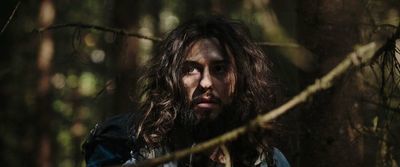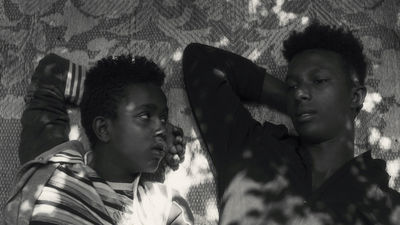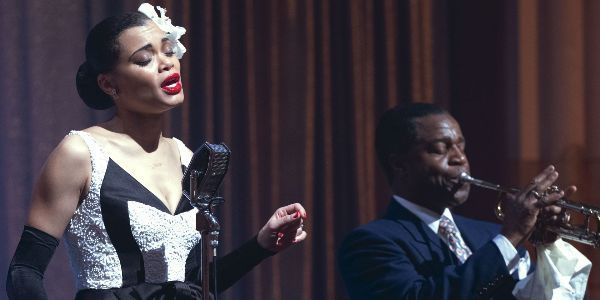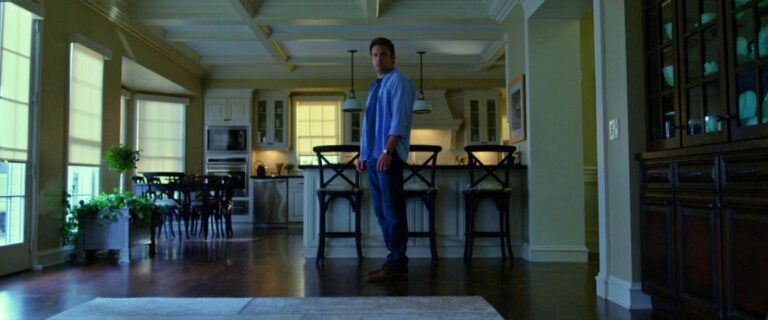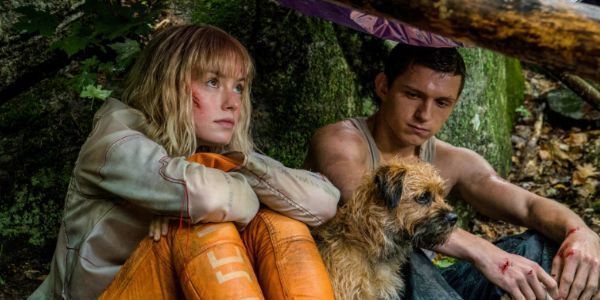Lost Kings short film review
★★★★★
Directed by: #BrianLawes
Written by: #BrianLawes
Starring: #DashMelrose #JoAshleyMoore #CassieSelf
,,Film Review by: Madison Ford
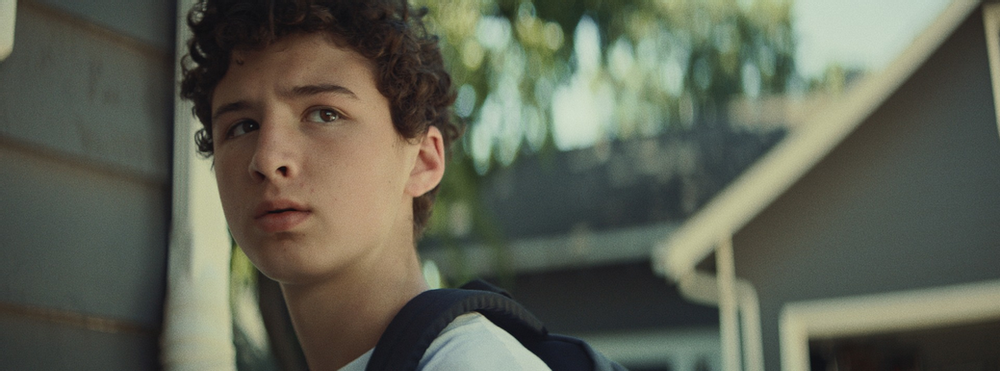
Lost Kings is a visually captivating short film following a boy, desperate to get food for him and his brother, breaks into a house in his neighbourhood, only to be trapped hiding from the homeowners.
Brian Lawes, writer, director, and editor for Lost Kings creates a nail-biting, tense yet captivating film and manages to explore emotions, raise questions, and highlight societal divide in just 15 short minutes. Lawes’ work isn’t extensive with only a few credits to his name, however, his work has received multiple awards and played across high-profile film festivals globally.
We’re introduced to Zuri (Dash Melrose) a young boy who has to take charge of the household and look after his brother, who seems lost in gaming. Zuri’s presented as the father figure for his brother, we aren’t given the circumstances as to why the brothers are alone but it’s irrelevant, the performance from Melrose takes charge and the story focuses on his present actions. Melrose doesn’t overperform and with only making his debut a few years ago, his talent is undeniable. He’s able to convey emotion with a simple look and with the few lines it’s important that he can harness the emotion and present that to us.
The set design is great, the visuals are wonderful and there’s a great comparison between the two houses, the basic, white house of Zuri and the lavish, wooden, well-designed house of the family. This creates a nice juxtaposition while creating an aesthetically pleasing film.
Lost Kings while having a well-constructed narrative, is also visually pleasing, the muted tones in the colour palette gives a natural feel to the film, making it dissimilar to everyday life, which works perfectly to create realism. The camerawork is done well, it feels intimate and personal and helps align us with Zuri. We learn little about him as there’s a limited script, but his actions and the way Lawes cuts together the shots allow us to create our own backstory. The set-up is simple, Zuri’s poor and there’s no food so he makes an irrational decision to break into someone’s house and steal their food. This simplicity allows for the 15 minutes to really expand on the characters, pausing in the right places to allow them room to breathe and for the emotions of the scene to be relayed.
Lawes benefits from the lack of dialogue and uses minimal ambient sound with silences to home in on the visuals and the narrative. This also heightens the tension in the latter half of the film when the stakes are raised for Zuri, the use of the floorboards creaking is pivotal in adding urgency and a will from us for him to escape.
The sense of risk and danger is plausible and feels realistic, it doesn’t feel over the top or too dramatized. Lawes has created a wonderful narrative and packs a lot in without relying on dialogue and instead allowing the images to speak for themselves.


